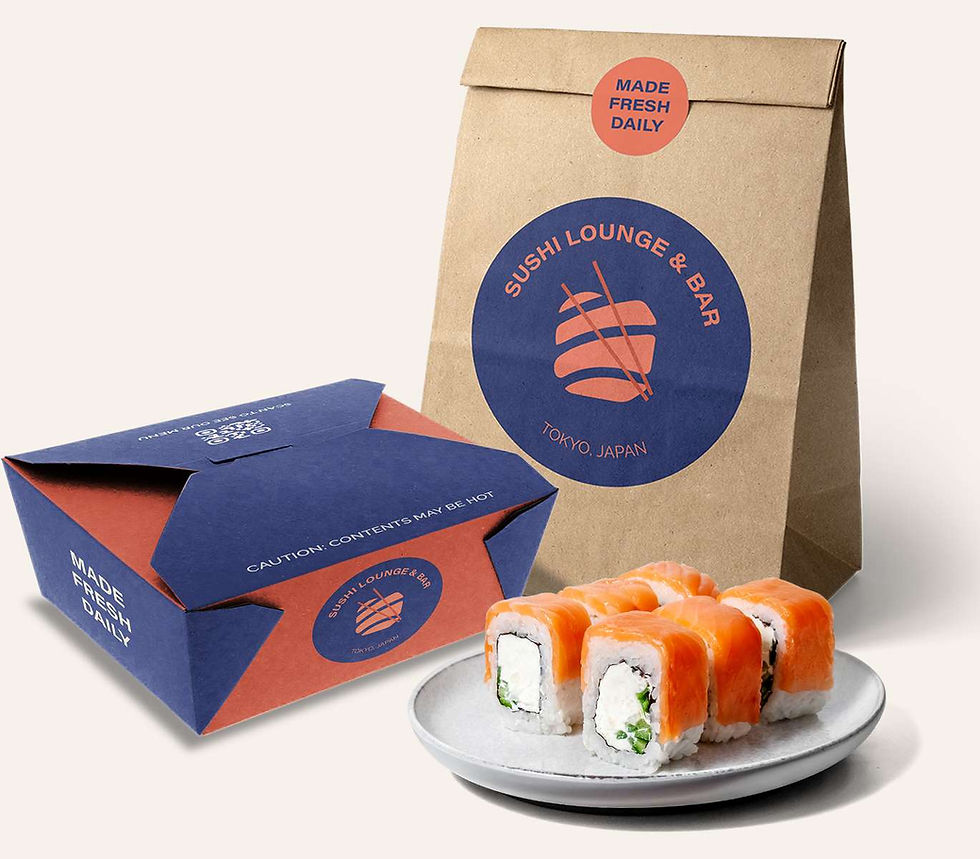
In today's fast-paced world, consumers demand more than just quality food. They seek safe, fresh products and provide a seamless experience. This is where smart packaging steps in, offering innovative solutions that are revolutionizing the food industry.
Beyond the Box: The Power of Smart Packaging
Innovative or intelligent packaging incorporates technology to enhance product quality, safety, and consumer engagement. It goes beyond the traditional role of protecting products, offering additional functionalities that benefit both businesses and consumers.
Key Features and Benefits of Smart Packaging
Real-time Monitoring: Smart packaging can monitor vital factors like temperature, humidity, and oxygen levels within the package. This ensures that products are stored and transported optimally, preserving freshness and preventing spoilage.
Product Traceability: Each package can have unique identifiers like barcodes or QR codes, enabling real-time tracking and tracing throughout the supply chain. This enhances product safety and helps identify any potential issues quickly.
Consumer Engagement: Smart packaging can provide consumers with valuable information about the product, such as nutritional content, preparation instructions, or even interactive games. This fosters a deeper connection between brands and consumers, increasing customer loyalty.
Extended Shelf Life: Smart packaging can significantly extend the shelf life of products by optimizing storage conditions and detecting potential spoilage. This reduces food waste and helps businesses minimize losses.
Brand Differentiation: Smart packaging can differentiate brands by offering unique features and benefits that enhance the consumer experience. This can lead to increased brand recognition and customer preference.
Real-world Applications of Smart Packaging
Innovative packaging is already making a significant impact in various food categories. For example:
Temperature Indicators: These labels change colour or display a message to indicate whether a product has been exposed to temperatures outside its safe range. This is particularly useful for perishable items like meat and dairy.
Oxygen Absorbers: These packaging components remove oxygen from the package, preventing oxidation and preserving the product's freshness. This is commonly used for packaged foods like coffee and snacks.
Time-Temperature Indicators: These labels track a product's time-temperature history, ensuring that it has been stored and transported correctly. This is essential for maintaining the quality and safety of perishable goods.
The Future of Smart Packaging: Endless Possibilities
As technology advances, we expect to see even more innovative smart packaging applications in the food industry. Some potential future developments include:
Interactive Packaging: Packaging can interact with consumers through augmented reality or voice commands, providing personalized information and recommendations. For instance, a cereal box could offer interactive games for children or provide nutrition information based on the consumer's dietary preferences.
Self-Healing Packaging: Packaging materials that can repair themselves if damaged extend the product's shelf life and reduce waste. Imagine packaging that can seal itself if punctured, preventing leaks and spoilage.
Sustainable Packaging: Smart packaging solutions that are environmentally friendly and made from recyclable or biodegradable materials. This could involve using materials derived from renewable sources or incorporating sensors that monitor the packaging's environmental impact throughout its lifecycle.
The Impact of Smart Packaging on Food Businesses
Innovative packaging offers numerous benefits for food businesses, including:
Improved Product Safety: Smart packaging can help prevent foodborne illnesses and protect consumers' health by monitoring storage conditions and detecting potential contaminants.
Reduced Food Waste: By extending shelf life and minimizing spoilage, innovative packaging can help businesses reduce food waste and save money.
Enhanced Brand Reputation: Smart packaging can enhance a brand's reputation by demonstrating a commitment to product quality, safety, and sustainability.
Increased Consumer Loyalty: Smart packaging can foster loyalty and encourage repeat purchases by providing a better consumer experience.
Conclusion
Innovative packaging is a game-changer for the food industry, offering numerous benefits for businesses and consumers. By enhancing product safety, extending shelf life, and fostering consumer engagement, innovative packaging is helping to drive innovation and sustainability in the food sector. As technology continues to evolve, we can expect to see even more exciting and innovative smart packaging applications in the future.

댓글